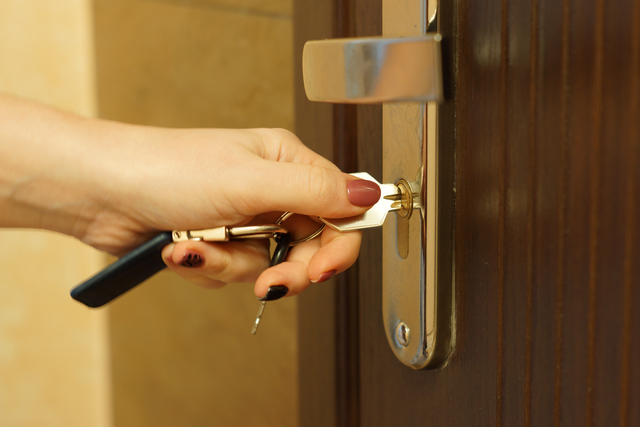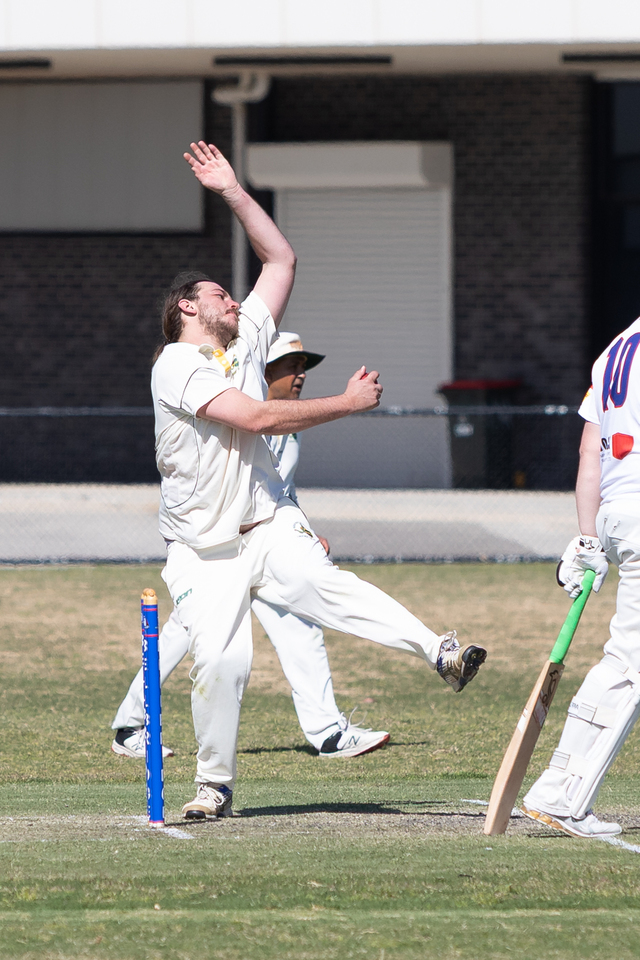Crime Stoppers Victoria and Victoria Police are reminding the community to lock their homes over coming weeks, as many people head away over the Easter and Anzac Day period.
This timely reminder coincides with the launch of a new Crime Stoppers Victoria campaign which urges the community to lock their homes at all times.
‘The Key to Safety: Is it Locked?’ campaign encourages Victorians to take small but effective steps to protect their homes, such as locking all doors and windows, and to provide home security footage to Crime Stoppers.
This advice is buttressed by new Victoria Police intelligence which reveals home burglaries in key hotspots continue to be driven by offenders targeting unlocked homes for car keys.
In March 2025, as many as eight out of ten aggravated burglaries were either due to unlocked doors/windows or unsuccessful attempts when the offender realised the home was locked, before moving on.
Other trends police have observed include offenders targeting unlocked doggy doors, as well as entering homes through unlocked garages with adjoining doors to the inside of the house.
With aggravated burglaries increasing by almost 27 per cent last year, Crime Stoppers Victoria CEO Stella Smith is urging households to focus on simple, practical steps to improve home security.
“These crimes are often opportunistic. A locked door, lighting, a home security camera—these are small actions, but they make a real difference. They tell would-be intruders that this home isn’t an easy target.”
Ms Smith also encourages the public to share information about suspicious activity and suspected offenders with Crime Stoppers.
“Providing information to Crime Stoppers can make a huge difference—even something like sharing doorbell or home security footage could help identify an offender or prevent another break-in. Your information can be shared anonymously.”
“This is about putting clear, practical advice in people’s hands so they can take action and help prevent crime where they live.”
For emergencies or life-threatening situations, always call 000.







